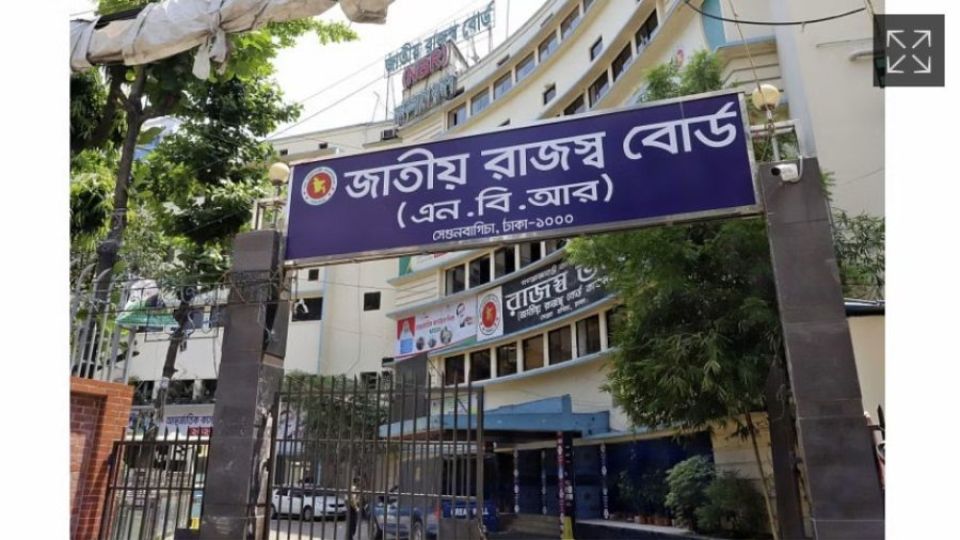January 27, 2023
DHAKA – About 75 percent of money laundering in Bangladesh takes place through overseas trade, according to the National Board of Revenue.
Trade-based money laundering generally involves giving false information on imports and exports such as over-billing, under-billing, multiple billing, over/under shipping and quality misrepresentation.
The disclosure came in a paper that reviewed a host of money laundering cases. The paper was presented by Masud Sadiq, a member of NBR’s customs policy and ICT, at an event observing International Customs Day yesterday.
Examining the cases, it was found that financial crimes were committed through various means, such as false declarations, submission of fake documents, false declaration related to exports and receiving export incentives by submitting fabricated fake certificates, the paper said.
Since the amendment of the Prevention of Money Laundering Act 2015, the Customs Intelligence and Investigation Directorate has filed 95 cases for money laundering involving Tk 3,201 crore, Sadiq said.
The infrastructure of most of the land customs stations in the country is also very fragile.
Due to a lack of proper infrastructure, the service delivery of traders is being hampered and it is not possible to establish the necessary customs controls, it said.
As a result, trade facilitation is being hindered.
On the other hand, the country’s revenue and security are at risk due to the inability to impose customs control.
The NBR is taking various plans, programmes and projects to overcome this situation, it added.
In the era of free trade, the overall development of the country is not possible in any way without further facilitation of trade and commerce, said NBR Chairman Abu Hena Md Rahmatul Muneem.
Ease of doing business is a big challenge for Bangladesh to survive in a competitive world, he said.
To meet this challenge, the capacity of Bangladesh Customs will have to be increased further.
“That’s why various types of activities have been taken,” Muneem added.


